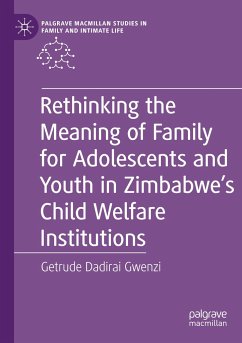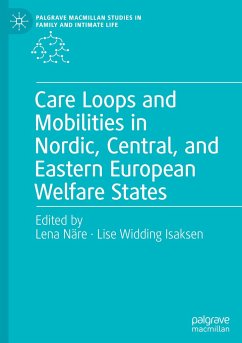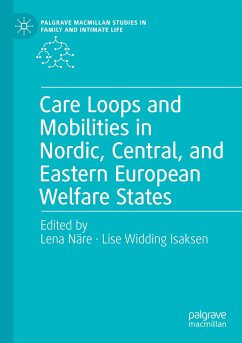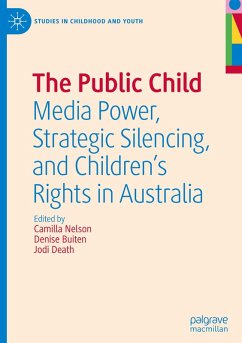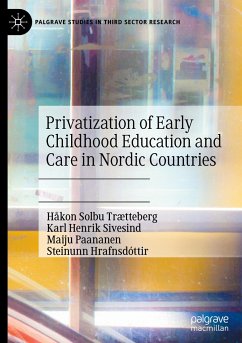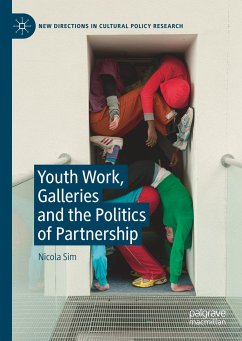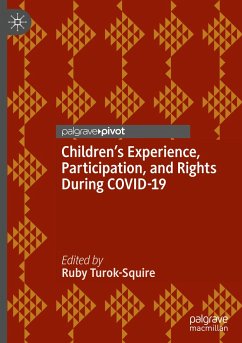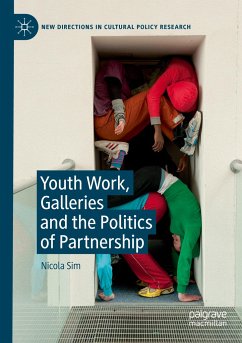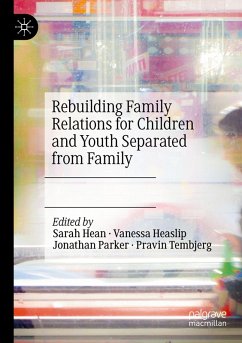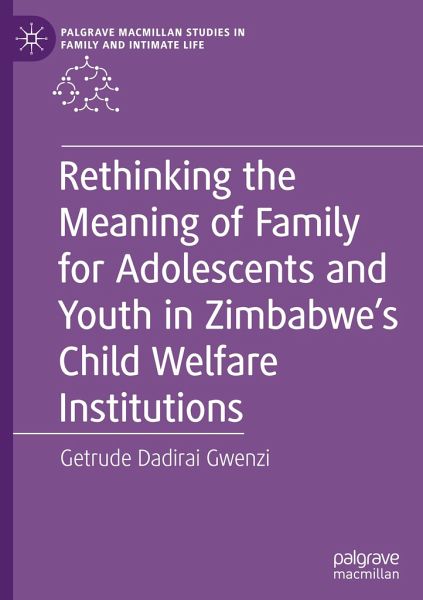
Rethinking the Meaning of Family for Adolescents and Youth in Zimbabwe's Child Welfare Institutions
Versandkostenfrei!
Versandfertig in 6-10 Tagen
98,99 €
inkl. MwSt.
Weitere Ausgaben:

PAYBACK Punkte
49 °P sammeln!
This book examines the lives of children and young adults living in residential care systems in Zimbabwe and their unique conceptualization of family. While the importance of family for the development and wellbeing of children can't be overemphasized, the questions of what and who counts as family to orphans and vulnerable children (OVCs) are under-researched. Gwenzi brings a social constructionist approach to study OVCs in institutional care as well as living with their families in Zimbabwe, finding that they do not have a single definition of family and that they use diverse characteristics...
This book examines the lives of children and young adults living in residential care systems in Zimbabwe and their unique conceptualization of family. While the importance of family for the development and wellbeing of children can't be overemphasized, the questions of what and who counts as family to orphans and vulnerable children (OVCs) are under-researched. Gwenzi brings a social constructionist approach to study OVCs in institutional care as well as living with their families in Zimbabwe, finding that they do not have a single definition of family and that they use diverse characteristics to describe what family means to them. With the data suggesting a need for belonging, continuity of relationships, protection, and trust, this study makes recommendations for policy and practice with youth in alternative care in sub-Saharan Africa.





